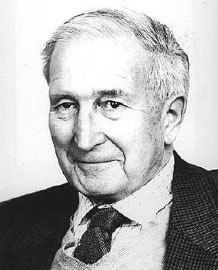po porzuceniu ateizmu.
Źródło: Brytyjski filozof-ateista mówi: „Bóg jest” http://gazetabaltycka.pl/promowane/antony-flew-brytyjski-filozof-ateista-mowi-bog-jest, gazetabaltycka.pl, 28 lipca 2013.
Dzieło
Bóg istnieje
Antony FlewAntony Flew słynne cytaty
Antony Flew: Cytaty po angielsku
Antony Flew, "The Terrors of Islam", Atheist Notes No. 6, 2004, ISBN 1856372928
Flew's review of The God Delusion
Turning away from Mecca (The Salisbury Review, Spring 1996) quoted from Goel, Sita Ram (editor) (1998). Freedom of expression: Secular theocracy versus liberal democracy. https://web.archive.org/web/20171026023112/http://www.bharatvani.org:80/books/foe/index.htm
“(Still an atheist at the time) For Heaven's sake…sorry, perhaps I should have said something else.”
Craig Vs Flew, University of Wisconsin, 1st January 1998 https://www.youtube.com/watch?v=NixhL0CoH2s
Did the Resurrection Happen?: A Conversation with Gary Habermas and Antony Flew (2009), p. 88
Flew's review of The God Delusion
Helpfully, my copy of The Oxford Dictionary defines a bigot as ‘an obstinate or intolerant adherent of a point of view’
Flew's review of The God Delusion
